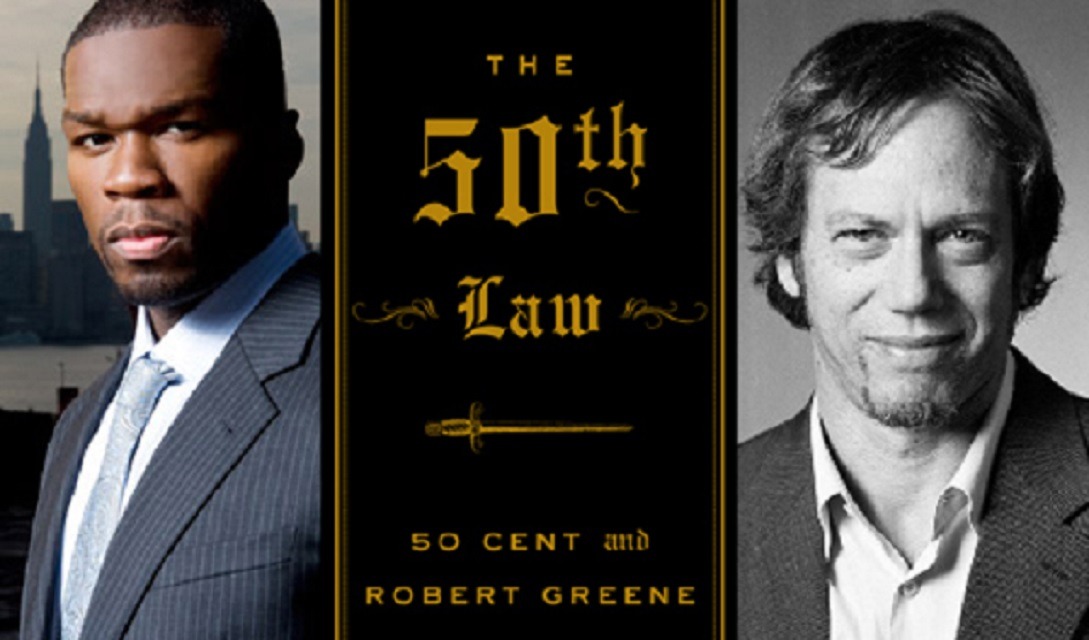Men are lied to constantly.
To get what you want, you have to be nice all the time.
The truth is:
- Nice guys finish last.
- Nice guys struggle with dating, love and sex.
- Nice guys are the last to be chosen.
- Nice guys are angry and resentful.
Does being nice work or does being effective work?
Here is an incredible expert from The 50th Law by Robert Greene and 50 Cent how being nice isn’t always nice.
“We are generally much more skittish when it comes to confrontation.
We often take it personally if someone overtly disagrees with us or expresses an opinion contrary to our own. We are also more afraid of saying something that could possibly offend those around us, as if their egos were too fragile. The culture tends to elevate as it’s ideal a spirit of cooperation; being democratic and fair means getting along with others, fitting in, and not ruffling feathers.
Conflict and friction are almost evil; we are encouraged to be deferential and agreeable. Nevertheless, the human-animal retains its aggressive impulses and all that happens is that many people channel this energy into passive-aggressive behaviour, which makes everything more complicated.
In such an atmosphere, we all pay a price.
When dealing with the aggressors and passive aggressors around us we can be quite naive; we want to believe that people are basically peaceful and desire the same things as ourselves. We often learn too late that this is not the case.
This inability to deal with what is inevitable in life is the cause of so many problems. We work to postpone or avoid conflicts, and when they reach a point where we can no longer play such a passive game, we lack the experience and the habit of meeting them head-on.
The first step in overcoming this is to realize that the ability to deal with conflict is a function of inner strength versus fear, and that it has nothing to do with goodness or badness.
When you feel weak and afraid, you have the sense that you cannot handle any kind of confrontation. You might fall apart or lose control or get hurt. Better to keep everything smooth and even. Your main goal then is to be liked, which becomes a kind of defensive shield. (So much of what passes for good and nice behavior is really a reflection of deep fears.)
What you want instead is to feel secure and strong from within. You are willing to occasionally displease people and you are comfortable in taking on those who stand against your interests. From such a position of strength, you are able to handle friction in an effective manner, being bad when it is appropriate.
This inner strength, however, does not come naturally. What is required is some experience.
This means that in your daily life you must assert yourself more than usual—you take on an aggressor instead of avoiding him; you strategize and push for something you want instead of waiting for someone to give it to you. You will generally notice that your fears have exaggerated the consequences of this kind of behavior.
You are sending signals to others that you have limits they cannot cross, that you have interests you are willing to defend or advance. You will find yourself getting rid of this constant anxiety about confronting people.
You are no longer tied to this false niceness that wears on your nerves. The next battle will be easier. Your confidence in handling such moments of friction will grow with each encounter.”

